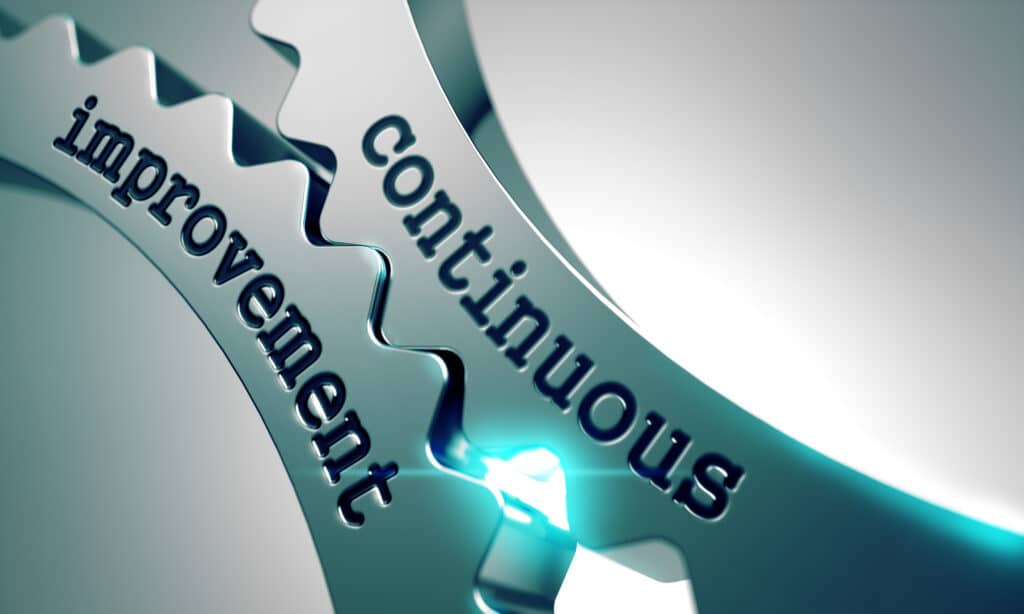Efforts to curtail the spread of coronavirus have forced companies and teams to drastically change their work habits. Companies have instructed employees to work remotely, creating new challenges for managers to maintain efficiency. How can newly remote teams stay on track to deliver in these uncertain times?
COVID-19 is Rapidly Changing the Reality of Work
Few places on earth remain unaffected by the spread of COVID-19, or coronavirus. The United States declared a national emergency on March 13. France and Spain joined Italy by imposing strict restrictions on public gatherings and non-essential travel. Across the world, workers who are able to work outside of the office are staying home. Many of the world’s largest global companies cancelled non-essential travel and asked their employees not to come to the office, with many smaller firms following suit.
Under these rapidly changing conditions remote work, already on the rise, is taking the global business community by storm, posing challenges that not all companies, teams, and managers are prepared to meet. Succeeding in a remote environment can be challenging even for multinational leaders, and definitely for companies that lack a robust remote infrastructure. Yes, Slack and Zoom solve technical problems (if you can figure out how to share your screen and see your teammates without accidentally muting yourself). But remote work – especially without time to ease into it – brings more fundamental challenges.
For Remote Teams, Efficiency is the Big Challenge
When a team goes fully remote, it risks losing the rapport and camaraderie that teammates who see each other every day enjoy, and which are necessary for cohesion and knowledge sharing. Remote workers miss chances for informal conversation and information exchange, which can create confusion, foster blame, and cause mistakes to repeat. In other words, efficiency and productivity are the big losers in the corona era. What tools do companies and managers have at their disposal to meet the challenges that will keep employees effective and on-track?
Figure Out What’s Working and Fix What Isn’t - Fast
The practice of continuous improvement – the cycle between identifying lessons and implementing them in an effort to do better on key metrics – is a critical tool teams can use to change quickly under unusual circumstances. It works like this: Remote teams define a time each day to enter their Learning Zone, a judgement-free space that exists for the purpose of reviewing a significant part of their workflow. The team member responsible for that part conducts a debrief, asking themselves what is working well, what needs improvement, collecting lessons, and immediately implementing them to make the process run more smoothly the next time around.

Why Improve Now?
Improvement routines are probably the last thing on any executive’s mind right now – but they matter more than ever. The situation we are living through requires quick responses to rapidly changing circumstances, leaving little time for learning and reflection. We need to understand fast what is working and what is not, to be able to identify what exactly we can do differently tomorrow – or even later today – to reach the outcomes we want to see.
Teams that routinely review their processes and outcomes see tangible benefits: a reduction in repeated mistakes, knowledge retention that allows teammates to work together more effectively, both of which contribute to an improvement of up to 25% in business outcomes (Human Factors Journal, 2012). Right now, doing ‘good enough’ does not suffice – for newly remote teams to remain competitive, companies need to encourage processes that improve efficiency.
Entering the Learning Zone, even for just a few minutes per day, is the secret for building high functioning remote teams. By debriefing with team members, a manager can actually understand what is happening in her team, and can make more informed decisions. And there are long term effects that will outlast the corona era, too. Debriefing surfaces tough topics immediately and allows for the psychologically safe and open exchange of ideas that leads to a great team culture and innovative business solutions.
Improvement Routines Are Business Critical
Remote work always poses challenges, but in a time of elevated uncertainty and rapidly changing conditions, establishing and maintaining improvement routines like debriefing keeps teams effective and on-track toward meeting their goals. Such routines give remote teams the competitive advantage they need when their efficiency is compromised by coronavirus. They are a best practice always, and a business critical practice during these times.
